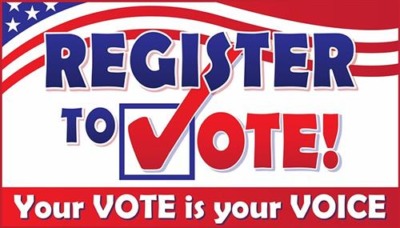What are Civic Action Projects?
Civic Action Projects engage student through intense research and investigation of public policy related issues. Students investigate an issue of interest, determine stakeholders, identify potential changes or solutions and the consequences, and determine an action plan to enact change. Throughout the process students reflect on their learning and their potential to make an impact on their community
All projects are:
- Student led
- Project based
- Focus on real world problems
- Rooted in an understanding of systems impact
- Goal driven and inquiry based
- Non partisan
- Process focused
- Action based
Why do we do Civic Action Projects?
Student-led, civics projects support the development of civic knowledge, skills, and dispositions as defined in the 2018 History and Social Science Curriculum Framework. Every student regardless of race, class, ethnicity, religion, education, gender, gender identity, sexual orientation, or disability has the right to civics education, including effective pedagogy and applied learning. Civics learning is the acquisition of knowledge, the intellectual skills, and the applied competencies that citizens need for informed and effective participation in civics and democratic life. A non-partisan, student-led civics project is based on action civics—a process of applying civic knowledge, skills, and dispositions to mobilize change leading to systems impact.
When do we do Civic Action Projects?
Our Social Science Curriculum is designed to develop the skills and knowledge for citizenship K-12. Students will conduct at least 2 Civic Action Projects while attending CPS, in the fourth quarter of grade 8 and grade 11.
For More information on Civic Action Projects please visit:
- Mass DESE Frameworks: Here you will find the 2018 Frameworks and the Civics Project Guidebooks
- An Act to Promote and Enhance Civic Engagement
- Action Civics Project Rubric
- Letter to the CPS Community
- Letter to CHS Parents & Guardians




